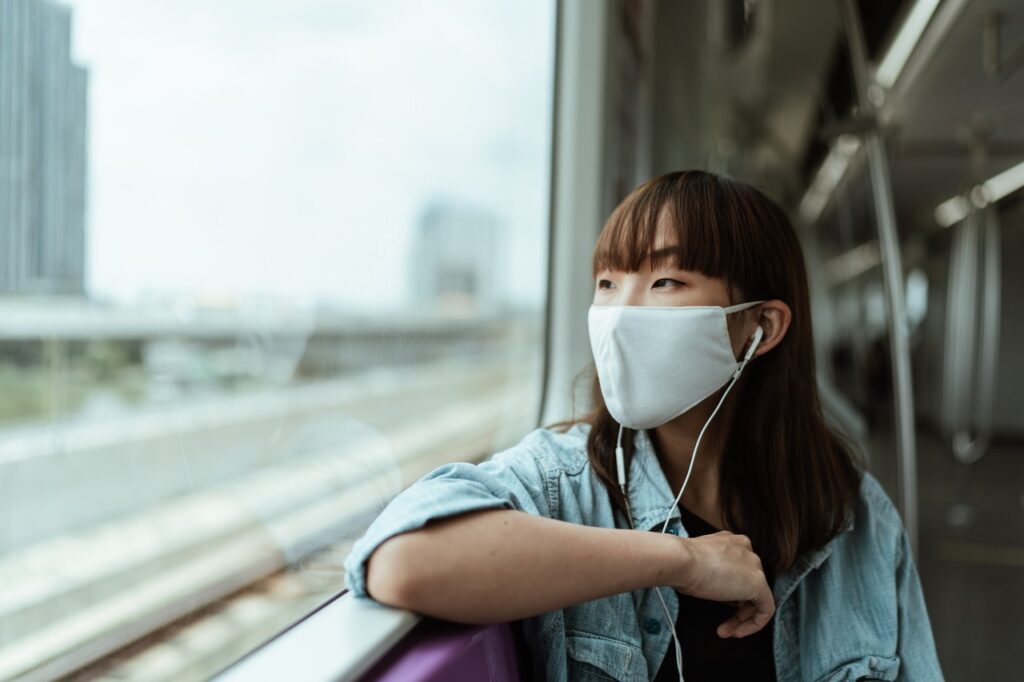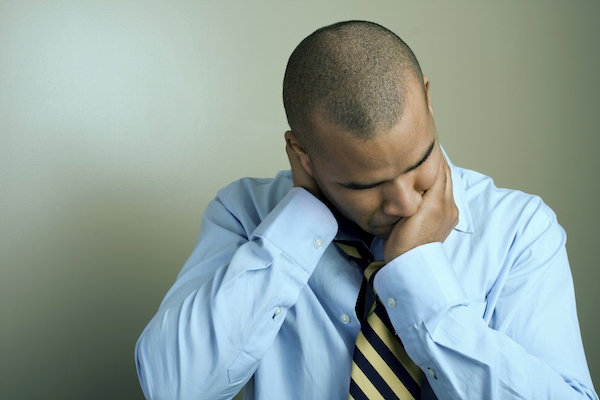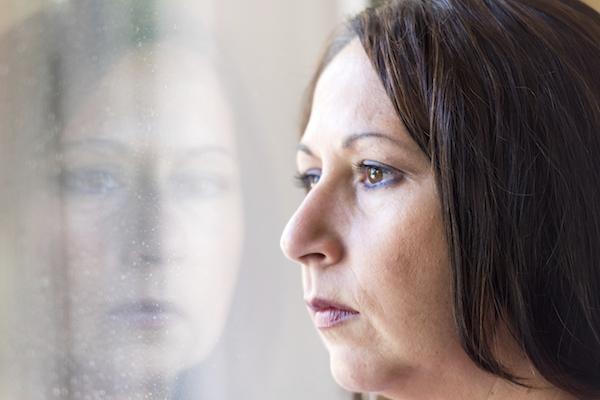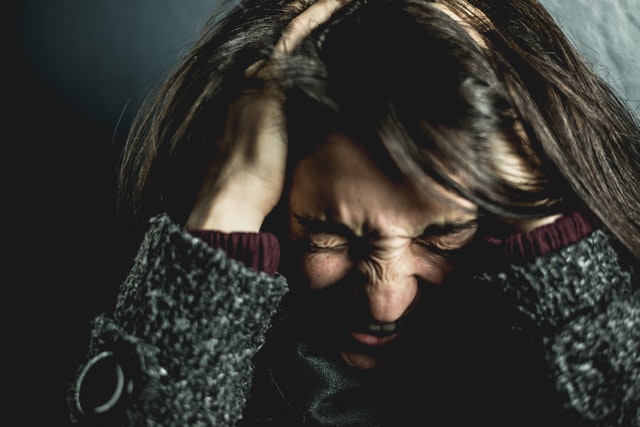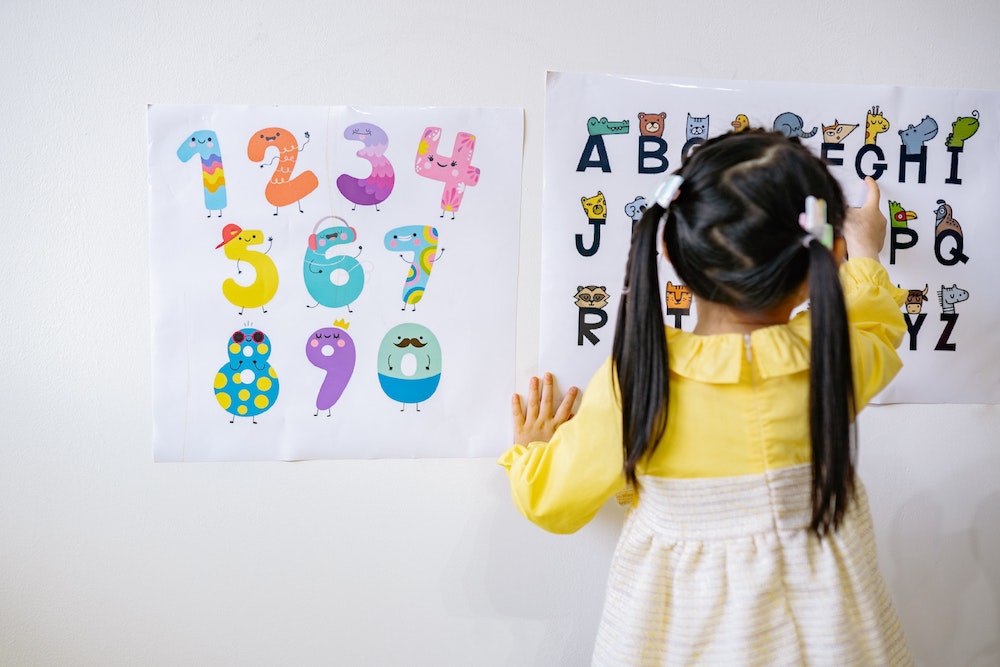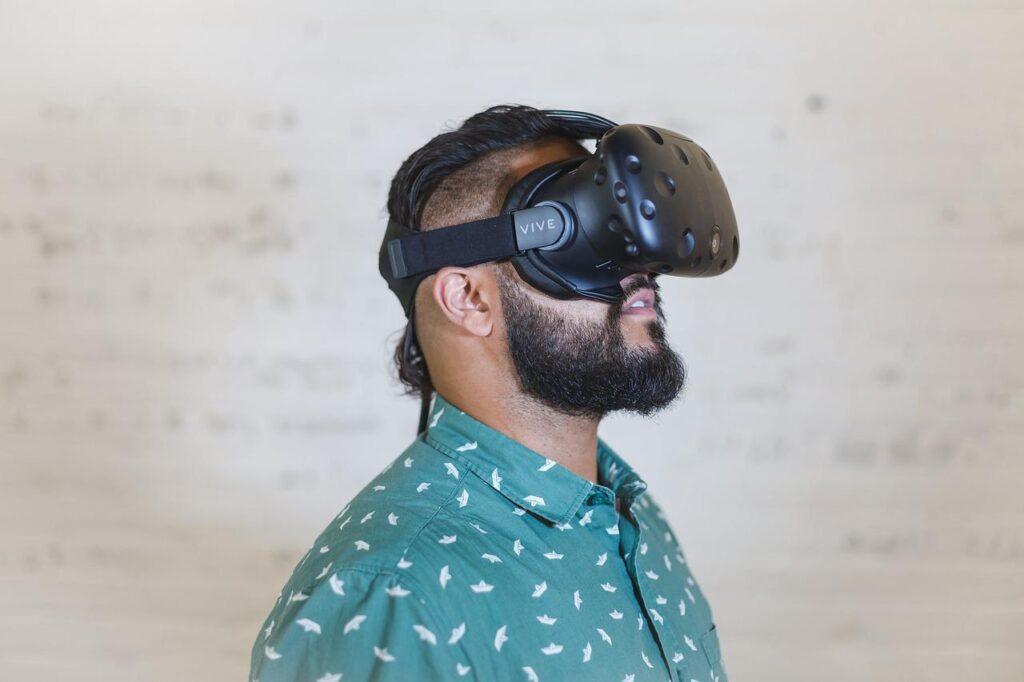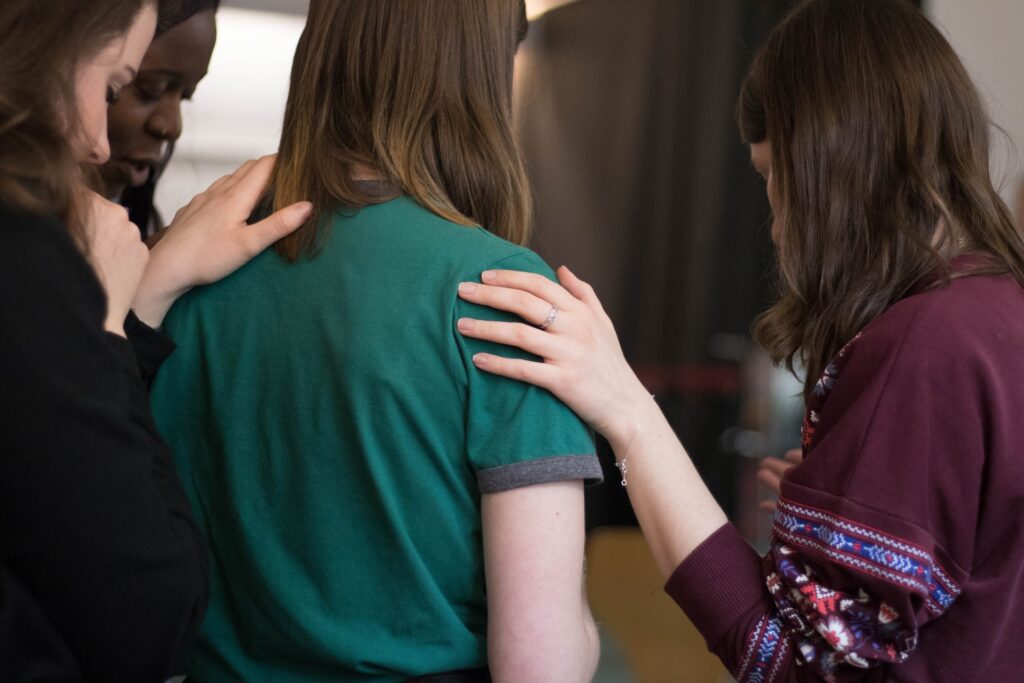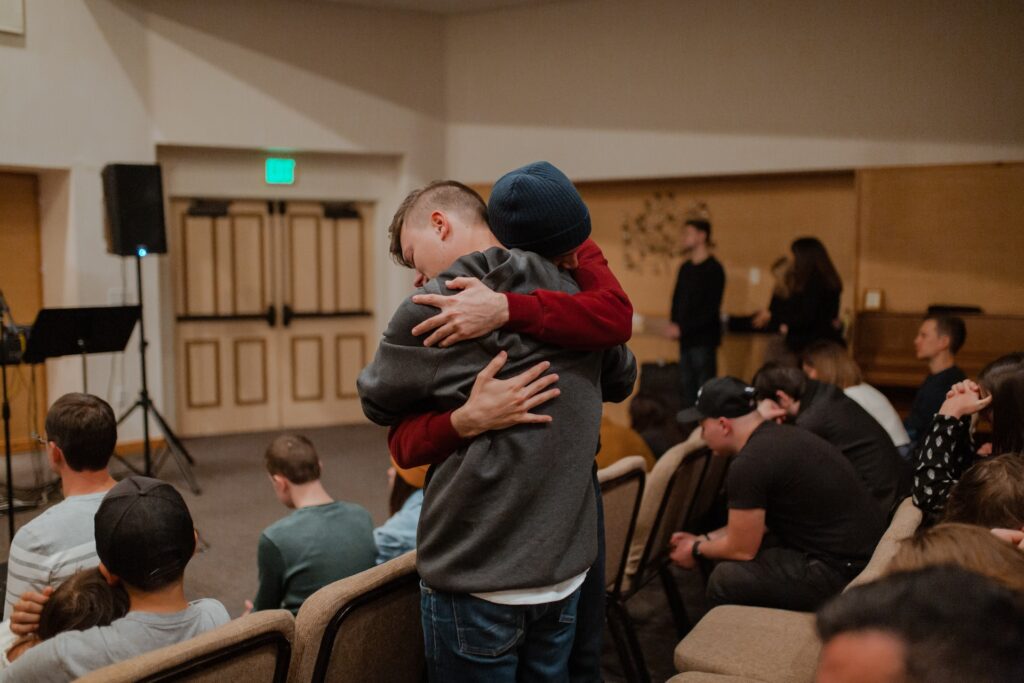Phobias
Phobias are the most common type of anxiety disorder, with the National Institute of Mental Health estimating that about 10 percent of people in the U.S. suffer from some type of phobia. Through this disorder, a person experiences an extreme or irrational fear of a place, object, animal, or situation. Most people develop subtle fears throughout their lives — they’ll ask a spouse to kill a spider rather than doing it themselves or avoid roller coaster rides that take them to unusual heights. Fears such as these cross the line into phobia, however, when a person begins to organize his or her life around avoiding the object of the fear.

Phobia symptoms and reactions.
The most common types of phobias — agoraphobia, social phobia, or a phobia related to something specific — share similar physical symptoms. These may include one or more of the following:
- Trouble breathing
- Nausea or other gastrointestinal symptoms
- Increased heart rate
- Dizziness or lightheadedness
- Trouble swallowing or a sense of choking
- Sweating or chills
- Tightness or pain in the chest
Reactions to phobias may vary widely and range from mild anxiety to severe, debilitating panic attacks. These reactions may include:
- Going to great lengths to avoid the feared situation or object
- A sense of powerlessness to control one’s reactions, in spite of awareness that the fear is unreasonable
- Feelings of anxiety or panic in response to simply thinking about the source of fear
- Difficulty carrying out normal activities due to the phobia
Factors that may play a role in phobias.
In many cases, simple phobias begin to develop in childhood between the ages of 4 and 8. These phobias will abate or disappear in most people as they grow older. Complex phobias, however, usually have their onset later in life, between the teenage years and early adulthood, and may continue for years.
Phobias continue to be closely studied to learn more about specific causes, but research to date shows that phobias may be caused by changes in the way the brain functions, genetics, learned behavior, or negative experiences related to a situation or object.
Some people who suffer from specific phobias may also have other anxiety or mood disorders, such as depression. Substance abuse can also play a role when phobia sufferers seek relief with drugs or alcohol.
When to seek treatment for phobias.
When anxiety interferes with a person’s ability to perform a job, function in school, participate in social activities, or other aspects of daily living, treatment for phobias should be considered.
We specialize in the treatment of anxiety disorders such as phobias.
Phobias can be successfully treated with a form of cognitive behavior therapy known as in vivo exposure therapy. This treatment may consist of flooding (rapid exposure to a feared situation or object) and/or systematic desensitization (gradual exposure). Our therapists guide patients through the exposure, helping them through the process of understanding that the feared consequences of their phobias are unreasonable. Over time, patients become conditioned to the feared object or situation.
We also offer virtual reality therapy for phobias which blends the most effective aspects of cognitive behavior therapy and in-vivo exposure therapy. This high-tech treatment method offers a number of benefits:
- It allows the patient to try the therapy with less anxiety.
- It’s private, so patients don’t have to risk potential embarrassment in public.
- The therapy allows patients to experience things or go places they would not ordinarily be able to, and is safer than real-life settings.
- The phobia or its triggers can be experienced without having to travel to an actual location.
Research shows that virtual reality exposure therapy can be very successful over time, and can be used to treat both children and adults for phobias, anxiety disorders, and much more.
Contact us for help.
At The Center for Treatment of Anxiety and Mood Disorders, we specialize in treating phobias such as fear of public speaking, fear of flying, fear of getting cancer, and more, as well as related disorders such as panic attacks. If you experience a phobia, please get in touch for a confidential assessment by completing the form at the bottom of this page or calling us at (561) 496-1094. We offer our in person services in Delray Beach, FL and also across the United States via teletherapy.
Looking for immediate help?
Contact Us Today for a Confidential Assessment.
Call 561-496-1094 or
Treatment Programs Specializing In:
Serving the whole person, not just the symptoms. In all of our programs your comfort, privacy and long-term success are paramount.
COVID-19 Trauma has become familiar to many people throughout the pandemic. If you’re experiencing trauma, PTSD, anxiety, or depression as a result of Corona virus learn about how our COVID-19 Trauma Treatment Program can help.
We offer online therapy to help people who are unable to leave their homes. Contact us and we will will schedule your confidential online assessment.
Helping people from all walks of life find deeper connection and understanding to create stronger and healthier relationships.
Anxiety disorders are the most common psychiatric illnesses affecting children and adults. When you experience anxiety that is persistent, seemingly uncontrollable, overwhelming and disabling you may have an anxiety disorder.
Mood disorders represent a category of psychiatric disorders in which the underlying problem primarily affects a person’s persistent emotional state or mood. Mood disorders are made up of depressive types and bipolar types.
Resilience can help protect a person from various mental health conditions, such as depression and anxiety, and most importantly this training improves the quality of life. Resilience can also help offset factors that increase the risk of mental health conditions, such as being bullied or previous trauma.
Children and adolescents experience normal problems of growing up due to pressures of social media, school, socializing, self esteem or family. Our youth services provide assistance in dealing with educational, social, and vocational issues.
The Trauma Institute provides highly specialized clinical services, informed by the latest cutting edge-research, for trauma survivors. We are an Institute dedicated to clinical services, community education, professional training, and research focused on trauma recovery.
Individuals or couples who want to transition into parenthood but are experiencing difficulties becoming pregnant may feel alone, frustrated, ashamed or experience symptoms of depression or anxiety. Pregnancy therapy may be a helpful outlet to help cope with these feelings and reduce stress.
Many children and adults who have weak executive functioning skills are negatively impacted in all areas of life but fortunately through assessment and intervention, executive skills can be strengthened and compensatory strategies can be learned. When these skills are well developed, children and adults can better maximum their potential and future outcomes.
Families naturally go through stages and transitions across the lifespan. Family dynamics impact each individuals’ response to daily life and major events. Therapy can help families understand their complex and ever-changing dynamics. As the family becomes an expert in their processes, they will be able to use new skills to navigate each situation with love and respect for one another.
Learning should be empowering and meaningful for all students. Our new services being offered include the teaching of strategies to maximize learning. Academic coaching and personalized learning strategies can help students learn to use patterns, meaning, body motion, mnemonics, their color spectrum, visuals and mind maps to enhance attention and working memory. When learning becomes meaningful, positive physical changes happen in the brain.
What We Treat
Other addictions and disorders
Types of Therapy
The Center offers cutting edge therapy designed to get you on the road to a speedy recovery. We will help you to learn how to live your daily life free from the fears or compulsions that inhibit you or your child’s ability to complete each day’s tasks.
More Ways to Get Help Now
The Center offers cutting edge therapy designed to get you on the road to a speedy recovery. We know that you can’t always make it into our office for your session. Which is why we now provide teletherapy. You can get support from the comfort of your own home. We offer cognitive behavior therapy, psychodynamic psychotherapy, mindfulness meditation, group therapy, and medication. Depending on your needs, here’s how you can get help now:

Online or Phone Therapy
For individuals around the country or those wanting help from the comfort of your own home, we offer therapy via Facetime, Skype or phone.

In Person Treatment
We have professionals available 7 days a week. Our offices are conveniently located in the Boca/Delray area.

Intensive Outpatient Programs
For those who prefer a more short-term approach we offer intensive sessions for individuals or groups. Perfect for those with a less flexible work schedule.
When it comes to anxiety or mood disorders we specialize in treating the whole person, not just your symptoms. In all of our programs your comfort, privacy and long-term success are paramount.
Looking for immediate help?
Contact Us Today for a Confidential Assessment.
Call 561-496-1094 or

